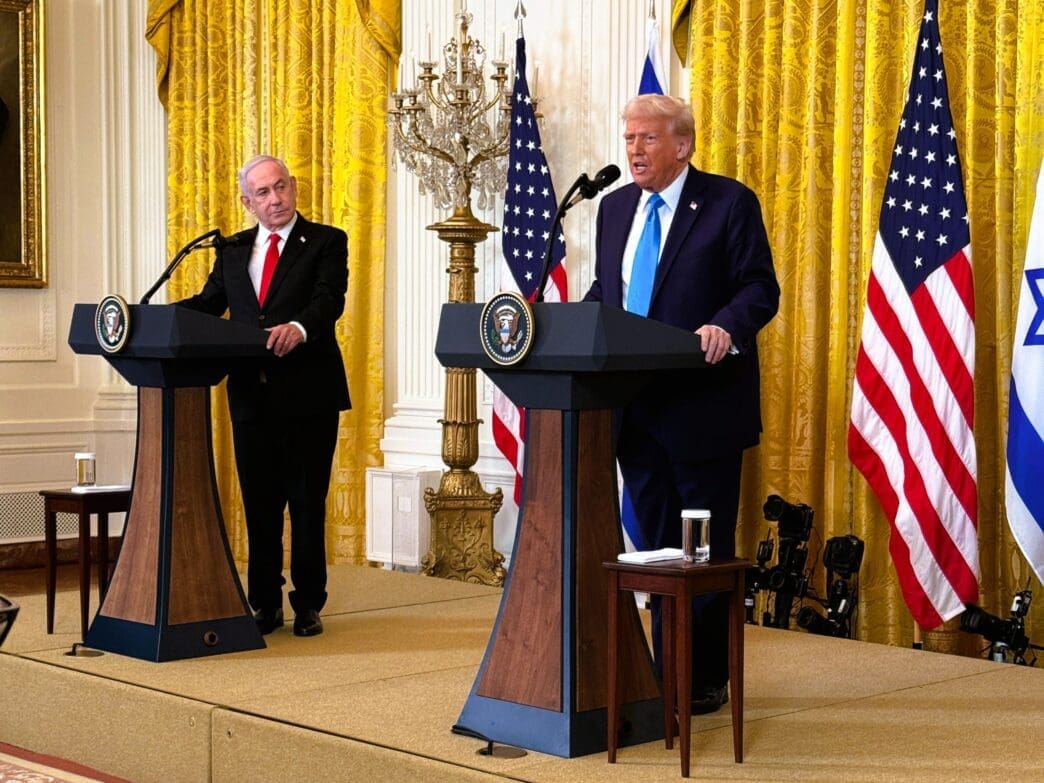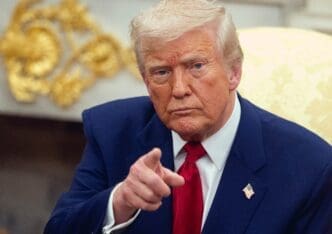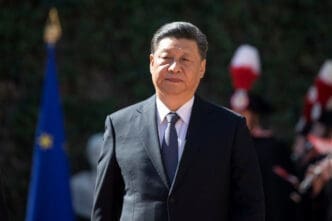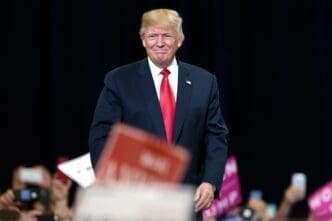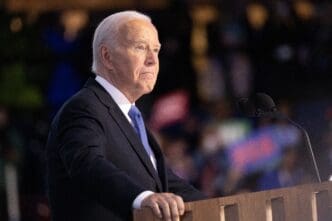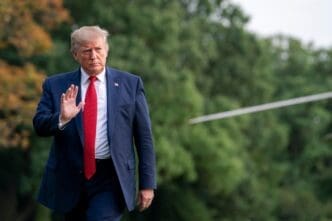President Donald Trump has taken a firm stance in support of Israel following a series of aerial bombardments against Iranian nuclear sites initiated by Israeli Prime Minister Benjamin Netanyahu. The strikes reportedly targeted key Iranian military commanders and nuclear scientists, leading President Trump to criticize Iran for its failure to negotiate a nuclear deal.
On Friday morning, President Trump stated in an interview with Fox News that the United States would support Israel in its defensive efforts. He emphasized the power and capability of U.S. military equipment, which he noted Israel possesses in significant quantities. “I told them it would be much worse than anything they know, anticipated, or were told, that the United States makes the best and most lethal military equipment anywhere in the World, BY FAR, and that Israel has a lot of it, with much more to come – And they know how to use it,” Trump posted on Truth Social.
The escalation marks a significant shift in the administration’s approach, as just hours before the attacks, Secretary of State Marco Rubio had issued a statement suggesting that Israel had acted independently. Despite the strike, President Trump had previously expressed a desire to pursue a diplomatic resolution to Iran’s nuclear ambitions, emphasizing the administration’s commitment to negotiations.
This latest development in the Middle East highlights President Trump’s complex position on foreign intervention. While he has historically advocated for reducing America’s involvement in international conflicts, his approach has at times been inconsistent. During his 2024 campaign and his subsequent term, President Trump has repeatedly expressed a desire to diminish U.S. participation in foreign wars.
The situation with Iran is part of a broader foreign policy challenge facing President Trump, who has also been navigating tensions in Eastern Europe. Earlier this week, Defense Secretary Pete Hegseth acknowledged Russia as the aggressor in the Ukraine war, but refrained from taking a clear side regarding the conflict’s outcome.
This multifaceted approach reflects President Trump’s broader foreign policy strategy, which combines non-interventionism with a focus on America’s military strength. As the situation develops, it remains to be seen how the administration will balance its domestic priorities with international pressures.


